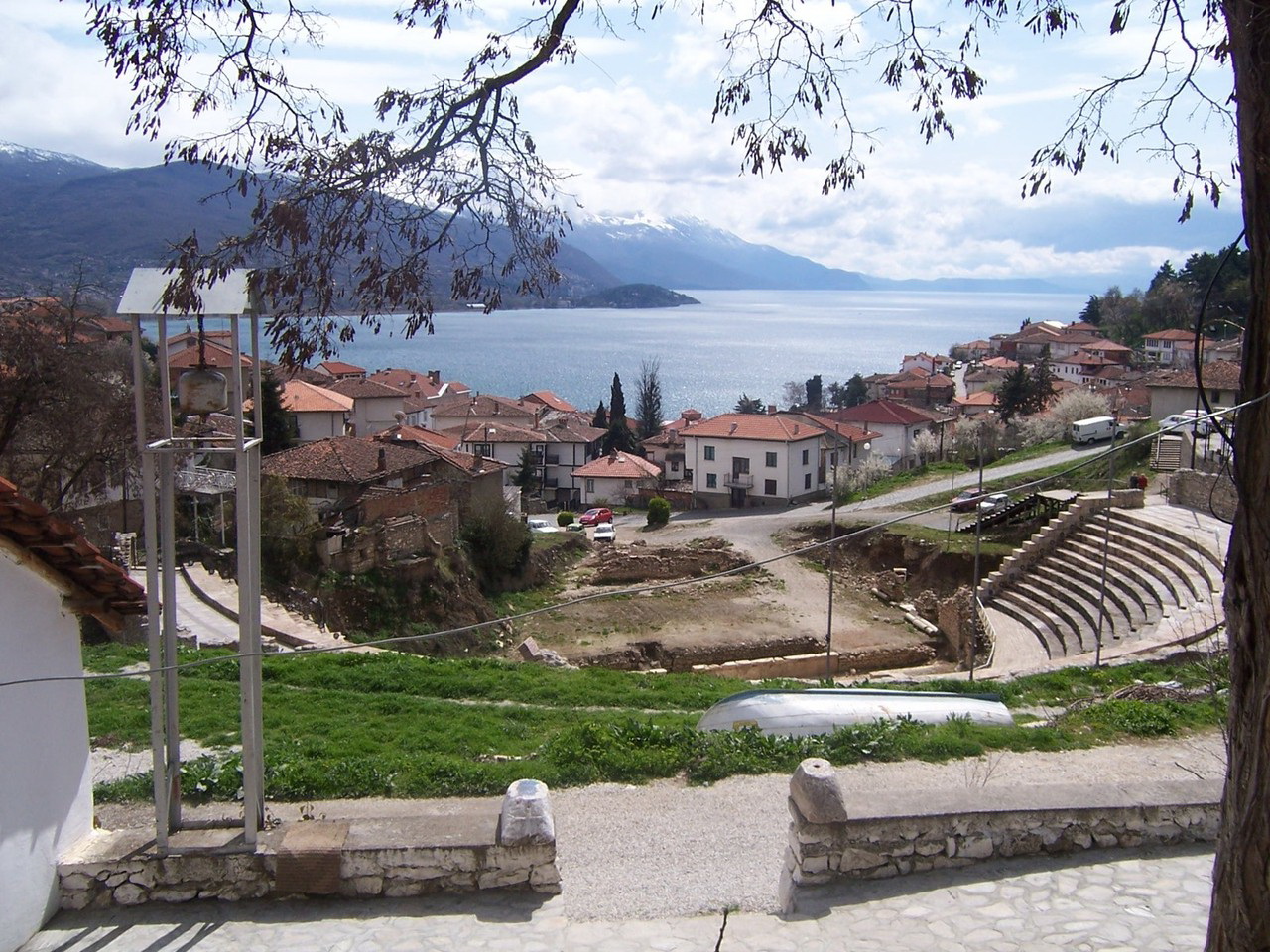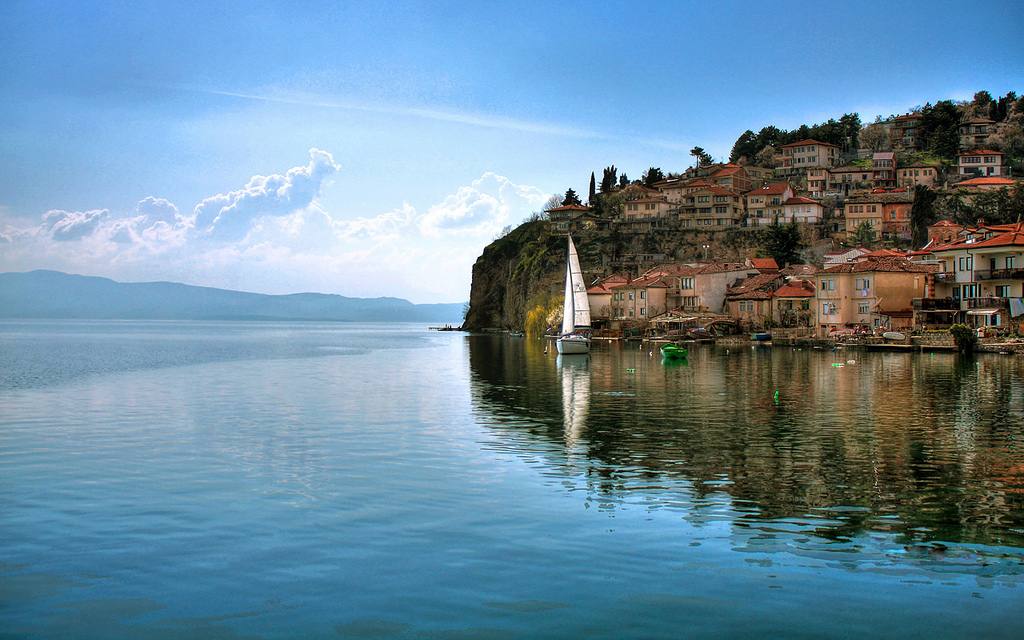POLITHEOR
European Policy Network
Macedonia
- Home
- Macedonia

That is my name! – The battle for the name Macedonia2
- International Relations and Global Affairs, Op-ed
- 10/01/2016
Amid the political crisis, recently the agenda swiftly shifted to the everlasting issue which burdens the country’s progress in the Euro-Atlantic integrations. The use of the name “Macedonia”, or the name dispute between Greece and Macedonia, once again became a hotly debated issue after the Macedonian Prime Minister made a confusing set of statements this month for the international and national media.
READ MORERoma, a political décor of the Commission progress reports for Macedonia0
- International Relations and Global Affairs, Op-ed
- 05/12/2015
[box style=”rounded” border=”full”]This November, Macedonia received the 2015 European Commission progress report. In comparison with previous years, Roma issues became a less important target to address in the progress of Macedonia towards the EU. In my opinion, Roma became a political décor for the European Commission because consecutively the recommendations related to Roma are almost
READ MORE

Macedonia’s civil society stands up against police brutality0
- International Relations and Global Affairs, Op-ed
- 06/05/2015
June 5th, 2011 in Skopje, Macedonia: 23 year-old Martin Neskovski was beaten to death by an officer of the special police forces during the celebration after the election victory of VMRO-DPMNE, Macedonia’s ruling political party. Eyewitnesses confirmed seeing a police officer brutally beating the boy and dragging the body away from the crowd. In its initial reports during the two days following the boy’s death, the Ministry of Interior stated that there were no signs of violence on the victim’s body. The event immediately triggered series of peaceful street protests by thousands of young people in Macedonia and eventually lead to the conviction of one police officer.
READ MORE
Does the Ohrid Framework Agreement advance Macedonia’s Nation-Building?0
In this article, I aim to address the role of the Ohrid Framework Agreement (OFA) in the process of nation-building within Macedonia’s transition, understood as in the concept of quadruple transition presented by Kuzio. The liberal concept of nation-building provides the basic theoretical framework for the assessment of the impact of the OFA.
READ MORE

